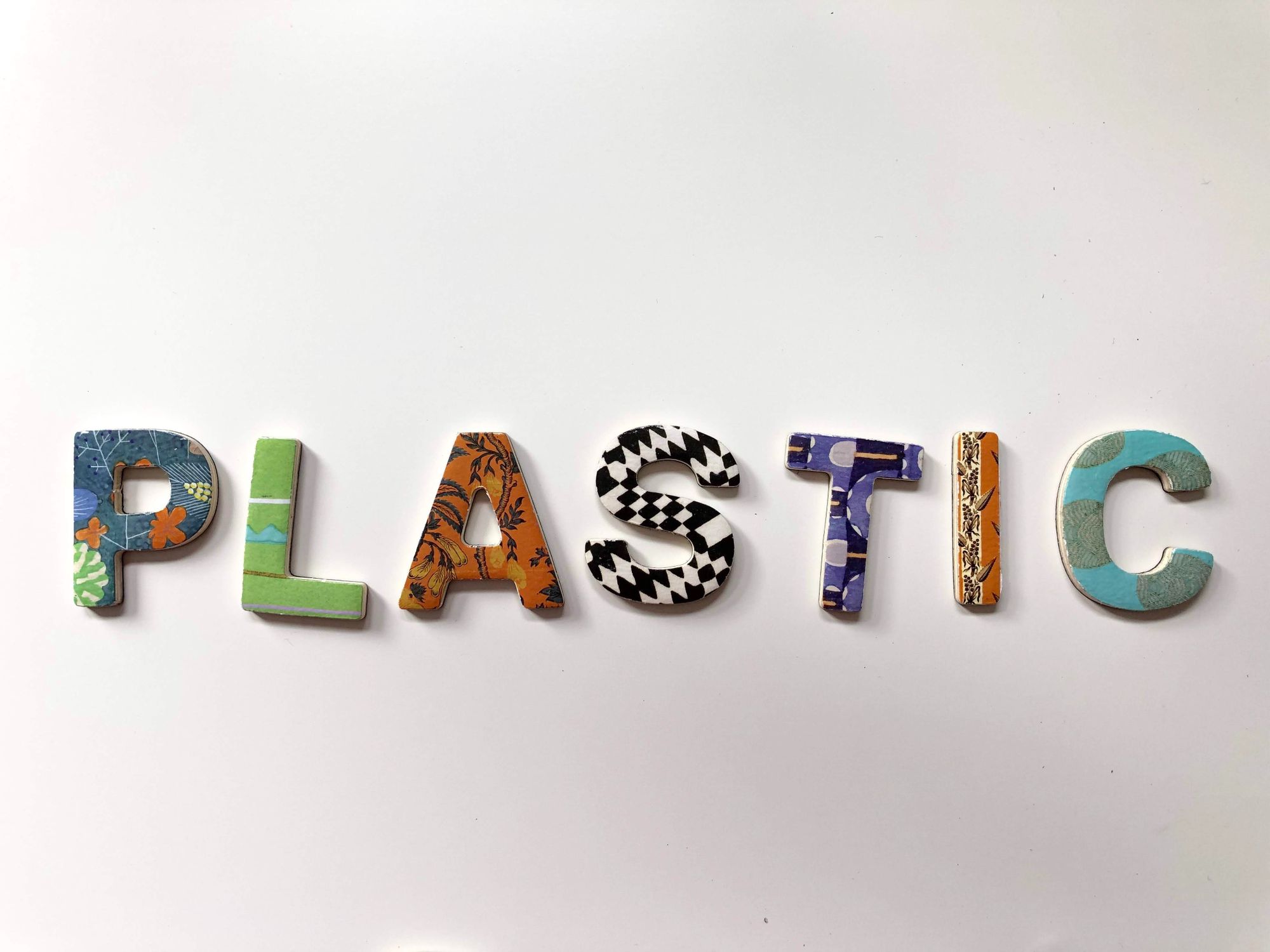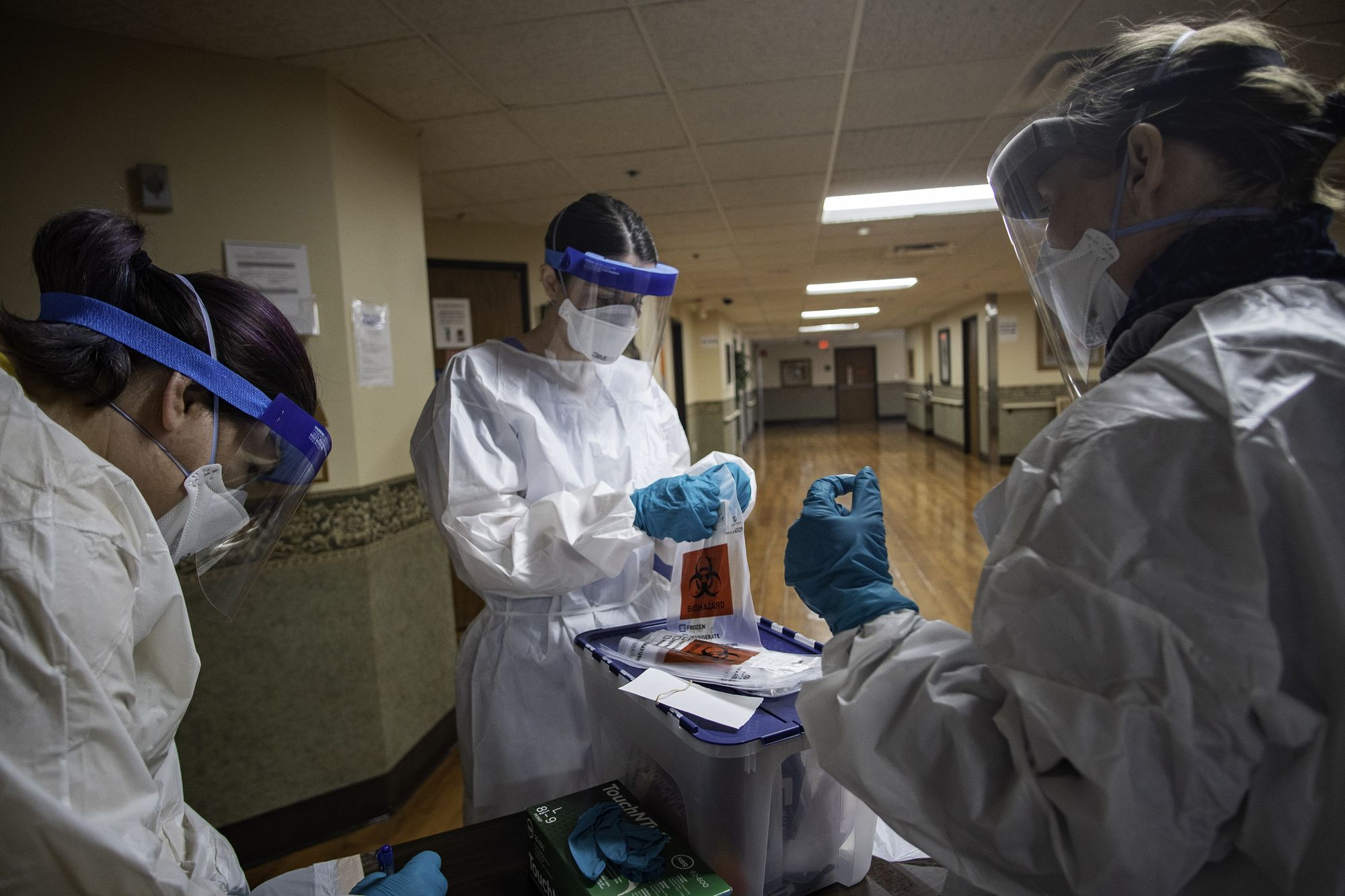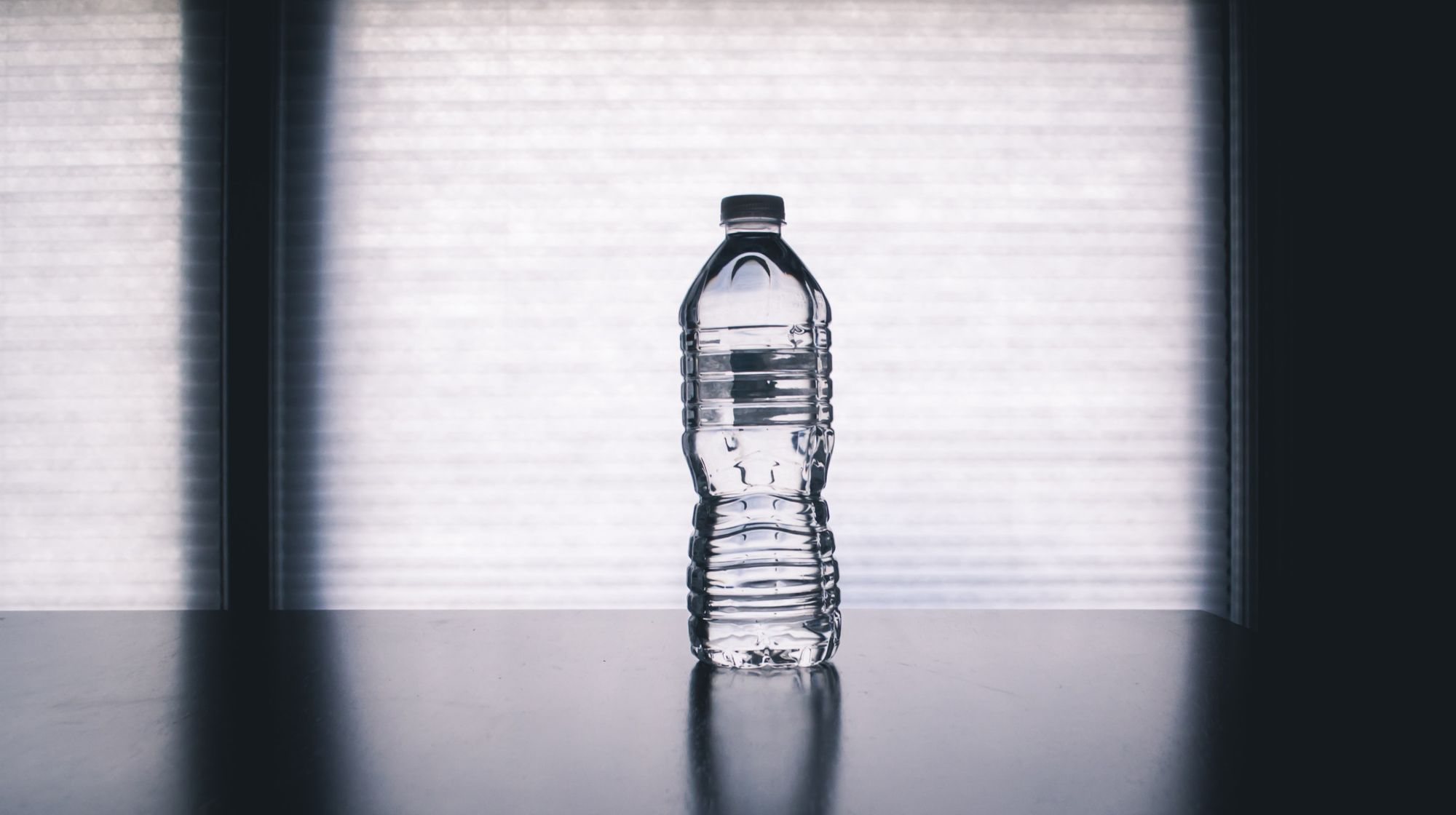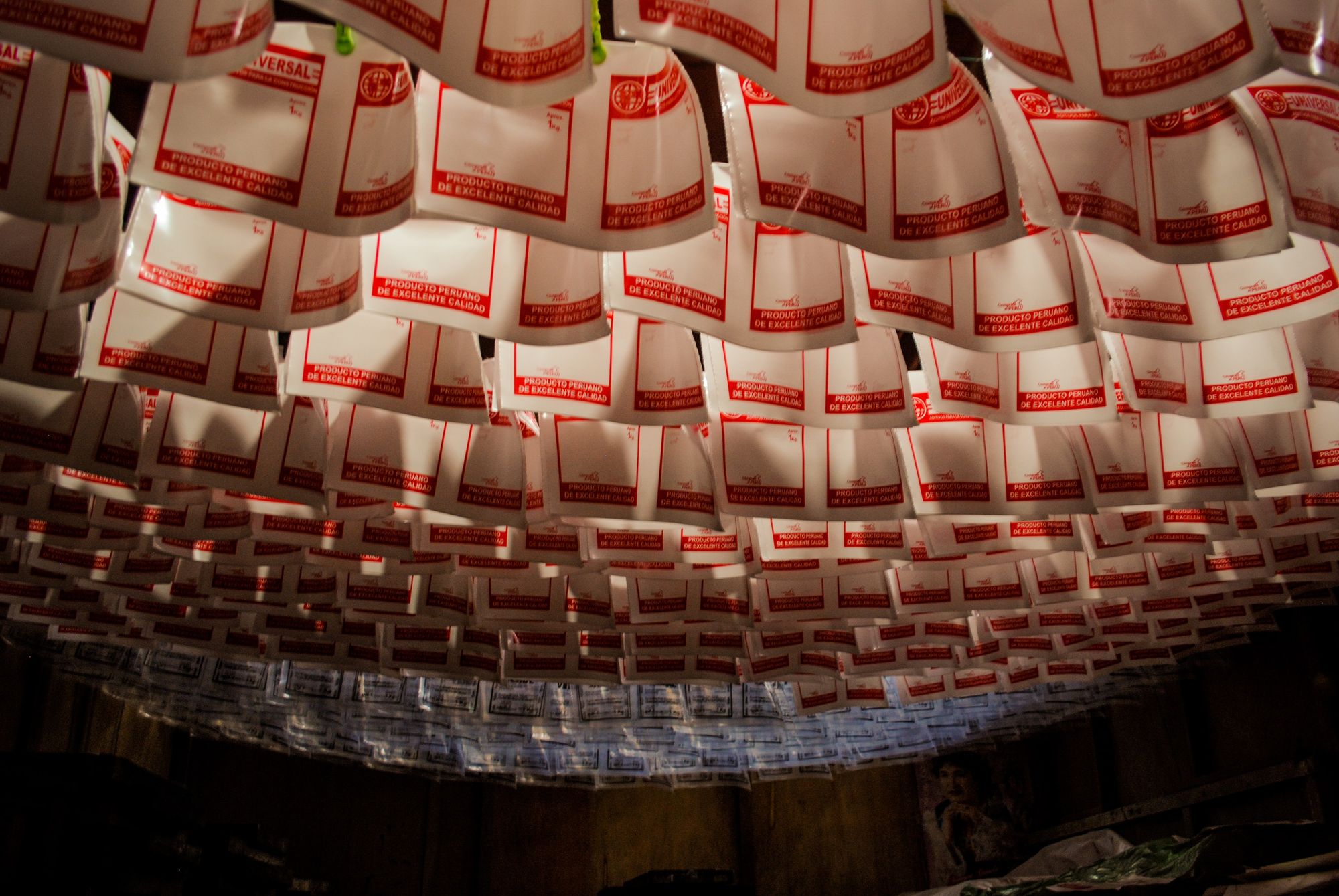As plastic manufacturers, it is important to ensure that all products being produced are compliant with relevant regulatory standards. This will reduce the risk of any issues or problems that may arise, as well as help to protect the environment and consumers.

In this blog, we will discuss the importance of understanding and complying with the regulatory requirements of plastic manufacturers.
This article covers the following:
- Overview of Regulatory Requirements in plastic Manufacturing
- Types of Regulations for Plastic Manufacturers
- Regulatory Compliance for Plastic Manufacturers
- Safety and Environmental Regulations
- Labeling and Packaging Regulations
- Regulatory Bodies and Government Agencies
- How can Deskera assist you?
Overview of Regulatory Requirements in plastic Manufacturing
The plastic manufacturing industry is heavily regulated by the federal government in order to protect workers, the environment, and the public from potential hazards associated with the production, use, and disposal of plastic products. Some of the key regulatory requirements for plastic manufacturers include:
Complying with product safety regulations
The Consumer Product Safety Commission (CPSC) regulates the manufacture and sale of consumer products made of plastic, ensuring that they are safe and meet the requirements of the law.
Meeting environmental standards
Plastics manufacturers must comply with the standards set by the Environmental Protection Agency (EPA) in order to ensure that their production processes and products do not harm the environment. This includes standards for air and water pollution, hazardous waste management, and other environmental concerns.
Adhering to labeling requirements
Manufacturers must display labels on their products that include information about the ingredients and potential hazards associated with the product. The Food and Drug Administration (FDA) regulates the labeling of food products, including those made from plastic.
Complying with workplace safety standards
The Occupational Safety and Health Administration (OSHA) sets standards for workplace safety in order to protect workers from potential hazards associated with plastic production.
Meeting quality control standards
The American Society for Testing and Materials (ASTM) sets standards for the quality of plastic products, ensuring that they meet the requirements of the customer.
By adhering to these regulations, plastics manufacturers can ensure that their products meet safety standards and are environmentally friendly. In addition, compliance with these regulations helps manufacturers protect their businesses from potential legal liability.
Types of Regulations for Plastic Manufacturers
When it comes to plastic manufacturers, there are a number of regulations that must be followed to ensure the safety of workers and consumers. The regulations vary depending on the type of plastic being produced and the intended use of the product.
Depending on the industry, it’s important for plastic manufacturers to understand and comply with the relevant regulations and standards. One of the most important regulations for plastic manufacturers is the EU Plastics Regulation.
This is a comprehensive set of regulations that govern the production, sale and use of plastic materials, products and components. This includes requirements for safety, labeling and traceability, as well as restrictions on certain plastic products and materials.
In addition to the EU Plastics Regulation, there are other specific regulations that plastic manufacturers must comply with. For example, the European Directive on Packaging and Packaging Waste requires producers, distributors and users of packaging to comply with recycling and waste reduction targets.
This includes ensuring that all plastic packaging is either recycled or reused. For medical devices, manufacturers must comply with the Medical Device Directive. This sets out safety requirements for medical devices, including plastic components.
Manufacturers must ensure that they meet the relevant standards and regulations, including those relating to materials and production processes. The European REACH Regulation also applies to plastic manufacturers.
This requires producers and importers of substances and mixtures to assess the risks posed by their products, and take measures to manage any risks to human health and the environment.
Finally, plastic manufacturers must comply with the Waste Electrical and Electronic Equipment (WEEE) Directive. This sets out requirements for the safe disposal of electrical and electronic waste, including any plastic parts.
By understanding and complying with these regulations, plastic manufacturers can ensure that their products are safe and meet the relevant standards. This is essential for meeting consumer expectations and protecting the environment.
Regulatory Compliance for Plastic Manufacturers
Manufacturers of plastic products have increasingly stringent regulatory requirements to adhere to. Compliance with these regulations can be a daunting task, but it is essential to ensure the safety and quality of the final product.
As such, plastic manufacturers need to be aware of the various regulations and standards that apply to their industry. The first step in understanding the regulatory requirements for plastic manufacturers is to be familiar with the relevant national and international standards.
Many countries have their own specific standards for the production of plastic goods, and these must be followed in order to avoid penalties or liability. The most commonly used standards are those set by the International Organization for Standardization (ISO), as well as those set by the American Society for Testing and Materials (ASTM).
It is also important to be aware of any regional or local regulations, as these may be stricter than the national or international standards. The second step is to make sure that the plastic product meets all of the necessary safety requirements.
This includes the use of high-quality materials, proper design and construction, and the use of appropriate testing methods. Depending on the product, additional safety requirements may also apply, such as those related to fire safety, electrical safety, and toxicity.
The third step is to ensure that the product is properly labeled with the necessary information. This includes the type of plastic used, its properties, any additives or coatings applied, the date of manufacture, and the name and address of the manufacturer.
The product must also be labeled with a warning or caution statement if there is a potential hazard associated with its use. Finally, the manufacturer must be aware of the environmental regulations that apply to the production and disposal of plastic products.
This includes measures to reduce plastic waste and emissions, as well as regulations regarding the use of recycled or biodegradable plastics. By understanding and adhering to the regulatory requirements for plastic manufacturers, companies can ensure that they are producing safe and quality products and minimizing their environmental impact. This can ultimately help to protect the health and safety of the public and reduce the risk of liability for the manufacturer.
Safety and Environmental Regulations
The safety and environmental regulations for plastic manufacturers are ever-changing and can be a difficult landscape to navigate. With plastic being one of the most used materials in the world, it’s no surprise that regulatory requirements are constantly evolving.
In order to remain compliant and protect the environment, it’s important for plastic manufacturers to stay up to date on the latest regulatory requirements. Plastic manufacturers must comply with a variety of regulations, including those set forth by the U.S. Environmental Protection Agency (EPA), Occupational Safety and Health Administration (OSHA), and other local and state agencies.
The EPA is responsible for ensuring that facilities are properly disposing of plastic waste and are reducing its impact on the environment. This includes limiting air pollution and hazardous waste, as well as ensuring that plastic production processes are conducted in a safe and responsible manner.
OSHA is responsible for protecting workers from potential hazards in the workplace. This includes providing proper safety equipment, such as protective eyewear, protective clothing, and ventilation systems.
It also requires manufacturers to provide a safe working environment for employees, including adequate lighting, ventilation, and access to emergency exits. In addition to these regulations, plastic manufacturers must also comply with any local or state regulations.
These may include restrictions on emissions, water use, and waste disposal. It’s important to stay up to date on any changes to these regulations, as they can often be more stringent than the federal requirements.
By understanding and abiding by these regulations, plastic manufacturers can help ensure that their operations are safe, efficient, and environmentally responsible. This is a win-win for everyone involved, as it helps reduce the impact of plastic products on the environment while also helping to keep workers safe.
Labeling and Packaging Regulations for Plastic Manufacturers
Plastic manufacturers must adhere to a number of regulatory requirements when it comes to labeling and packaging. These regulations are designed to ensure that the products are safe for consumers and the environment.
Labels must provide accurate and up-to-date information about the contents of the product, including its ingredients, nutritional information, and any warnings or hazards associated with its use.
Labels must also be clear, legible, and easy to read, and must be prominently displayed on the packaging. Packaging regulations vary according to the type of plastic used in the product.
For example, rigid plastic packaging must be designed and manufactured to ensure that the product is not damaged or contaminated during shipping or handling. Flexible plastic packaging must be designed to ensure that the product is not affected by temperature or humidity changes.
In addition to these requirements, plastic manufacturers must also adhere to regulations regarding the disposal of the product. For example, plastic packaging should be made from recyclable materials and must be clearly marked with the recycling symbol.
By adhering to these labeling and packaging regulations, plastic manufacturers can ensure that their products are safe for both consumers and the environment. It is important for manufacturers to stay up-to-date on all applicable regulations, as failure to comply could result in penalties or product recalls.
Regulatory Bodies and Government Agencies
Plastics are a ubiquitous part of our everyday lives, used in everything from food packaging to medical devices. As such, it is important for plastic manufacturers to understand the regulatory requirements for their products.
In the United States, the Food and Drug Administration (FDA) is the primary regulatory body for plastic manufacturers. The FDA regulates plastics used in food contact applications, medical devices, and cosmetics.
The FDA sets regulations for the manufacture of these products and oversees compliance with these regulations. The FDA also inspects facilities to ensure that manufacturers are meeting their requirements for product safety and quality.
In addition to the FDA, other government agencies also play a role in regulating plastic manufacturers. The Environmental Protection Agency (EPA) regulates the production of plastic products to ensure they are safe for the environment.
The EPA sets standards for the release of plastic waste into the environment, including air and water pollution. The Consumer Product Safety Commission (CPSC) is another important regulatory body for plastic manufacturers.
The CPSC oversees the safety of consumer products and sets safety standards for all types of plastic products. The CPSC also investigates consumer complaints and has the authority to recall products that fail to meet their safety requirements.
Finally, the National Institute for Occupational Safety and Health (NIOSH) oversees workplace safety for plastic manufacturers. NIOSH sets regulations for workplace safety, such as machine guarding, ventilation systems, and personal protective equipment. NIOSH also provides technical assistance to help employers ensure a safe working environment for their employees.
As you can see, there are a variety of regulatory bodies and government agencies that oversee the production of plastic goods. It is important for plastic manufacturers to understand the requirements of these regulatory bodies in order to ensure the safety and quality of their products. By adhering to these requirements, plastic manufacturers can ensure the safety of their products and protect the environment.
How Can Deskera Assist You?
As a manufacturer, you must keep track of your inventory stock. The condition of your inventory has a direct impact on production planning. It also has a direct impact on people and machinery use and capacity utilization.

Deskera MRP is the one tool that lets you do all of the above. With Deskera, you can:
- Control production schedules
- Compile a Bill of Materials
- Produce thorough reports
- Make your dashboard
Deskera ERP is a complete solution that allows you to manage suppliers and track supply chain activity in real time. It also allows you to streamline a range of other company functions.
Deskera Books allows you to manage your accounts and finances better. It helps maintain good accounting standards by automating billing, invoicing, and payment processing tasks.
Deskera CRM is a powerful tool that organizes your sales and helps you close deals rapidly. It enables you to perform crucial tasks like lead generation via email and gives you a comprehensive view of your sales funnel.
Deskera People is a straightforward application for centralizing your human resource management activities. Not only does the technology expedite payroll processing, but it also helps you to handle all other operations such as overtime, benefits, bonuses, training programs, and much more.
Key Takeaways:
- Labels must provide accurate and up-to-date information about the contents of the product, including its ingredients, nutritional information, and any warnings or hazards associated with its use.
- plastic manufacturers must also adhere to regulations regarding the disposal of the product.
- The FDA sets regulations for the manufacture of these products and oversees compliance with these regulations.
- One of the most important regulations for plastic manufacturers is the EU Plastics Regulation.
- Plastic manufacturers must comply with the Waste Electrical and Electronic Equipment (WEEE) Directive.
Related Articles:










